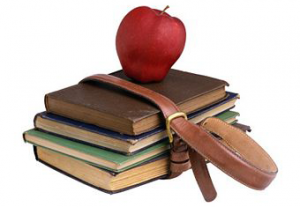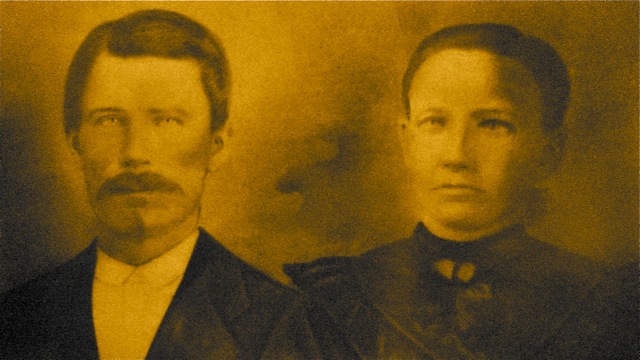Sixth Grade Graduation Test of 1890

Could you pass the 6th Grade Final Exam given in 1890?
It was a handwritten essay test using no notes or reference material. Everything must come out of your head in one sit down session in front of the teacher. There is a time limit of four hours. Many parents took education very seriously as they had to pay taxes for the schools whether their kids went or not. If you failed it as a twelve (12) year old you are considered unsuitable for school and must do hard work on the farm all day for the next six years without pay. Also if you fail it you will have a free trip to the woodshed where father will administer a thorough switching to your bare butt with a willow switch.
Instructions
Using correct spelling, grammar and good hand writing elaborate on the answers in essay form.
U.S. History
1. Name the parts of the Bill of Rights and explain which rights they protect.
2. Relate the causes and results of the Revolutionary War.
3. Describe three of the most prominent battles of the Rebellion.
4. Tell what you can of the history of Michigan.
5. Who were the following: Morse, Whitney, Fulton, Bell, Lincoln, Penn, and Howe?
6. Name events connected with the following dates: 1607, 1620, 1800, 1849, and 1865?
Geography
1. Name each of the states in the USA and give its capital.
2. How do you account for the extremes of climate?
3. Describe the mountains of N.A.
4. What is climate? Upon what does climate depend?
5. Describe the following: Monrovia, Odessa, Denver, Manitoba, Hecla, Yukon, St. Helena, and Orinoco.
6. Name and locate the principal trade centers of the U.S.
7. Name all the republics of Europe and give capital of each.
8. Why is the Atlantic Coast colder than the Pacific in the same latitude?
9. Describe the process by which the water of the ocean returns to the sources of rivers.
10.Describe the movements of the earth. Give inclination of the earth.
Arithmetic
1. Name and define the Fundamental Rules of Arithmetic.
2. A wagon box is 2 ft. deep, 10 feet long, and 3 ft. wide. How many bushels of wheat will it hold?
3. If a load of wheat weighs 3942 lbs., what is it worth at 50 cents per bushel, deducting 1050 lbs. for tare?
4. District No. 1 has a valuation of $35,000. What is the necessary levy to carry on a school seven months at $50 per month, and have $104 for incidentals?
5. Find cost of 6720 lbs. coal at $6.00 per ton.
6. Find the interest of $512.60 for 8 months and 18 days at 7 percent.
7. What is the cost of 40 boards 12 inches wide and 16 ft. long at $.20 per inch?
8. Find bank discount on $300 for 90 days (no grace) at 10 percent.
9. What is the cost of a square farm at $15 per acre, the distance around which is 640 rods?
10.Write a Bank Check, a Promissory Note, and a Receipt.
Grammar
1. Give nine rules for the use of Capital Letters.
2. Name the Parts of Speech and define those that have no modifications.
3. Define Verse, Stanza and Paragraph.
4. What are the Principal Parts of a verb? Give Principal Parts of do, lie, lay and run.
5. Define Case, Illustrate each Case.
6. What is Punctuation? Give rules for principle marks of Punctuation.
Orthography
1. Give two rules for spelling words with final ‘e’. Name two exceptions under each rule.
2. Give two uses of silent letters in spelling. Illustrate each.
3. Define the following prefixes and use in connection with a word: Bi, dis, mis, pre, semi, post, non, inter, mono, and super.
4. Use the following correctly in sentences, Cite, site, sight, fane, fain, feign, vane, vain, vein, raze, raise, and rays.
5. Write 10 words frequently mispronounced and indicate pronunciation by use of diacritical marks and by syllabication.
Did you pass?



